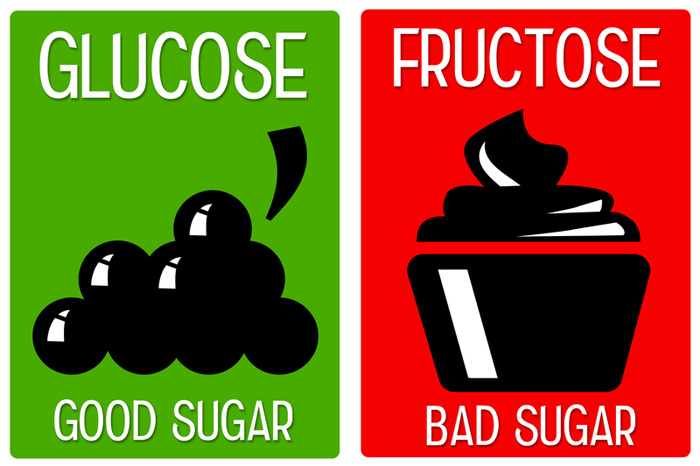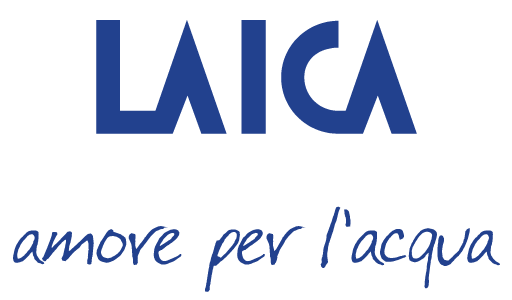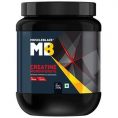Beware when you buy Honey
New Delhi: Major Indian brands including Dabur, Patanjali and Zandu are selling honey adulterated with a modified sugar from China, which can bypass some of the basic tests used to detect adulterated honey, researchers from the Centre for Science and Environment (CSE) have alleged.
Responding to these allegations, spokespersons from Dabur, Patanjali and Zandu denied that their honey products were adulterated and pointed out that they meet regulatory requirements laid down by the Food Safety and Standards Authority of India (FSSAI).
According to CSE director general Sunita Narain, the organisation launched an investigation when beekeepers in North India reported reduced profits despite a spike in honey sales during the Covid-19 pandemic.
“It is a food fraud more nefarious and more sophisticated than what we found in our 2003 and 2006 investigations into soft drinks; more damaging to our health than perhaps anything that we have found till now — keeping in mind the fact that we are still fighting against a killer COVID-19 pandemic with our backs to the wall,” Narain said in a statement Wednesday.
The CSE study found that almost all brands of honey being sold in the Indian market are adulterated with sugar syrup.
“This is immensely worrying, as it will further compromise health in the troubled times of Covid-19. We know that households today are consuming more honey because of its intrinsic goodness — antimicrobial and anti-inflammatory properties,” Narain said.
“Our research has found that most of the honey sold in the market is adulterated with sugar syrup. Therefore, instead of honey, people are eating more sugar, which will add to the risk of Covid-19.

“Sugar ingestion is directly linked to obesity, and obese people are more vulnerable to life-threatening infections,” added Narain.
According to the CSE, the honey adulteration business has evolved to bypass existing tests. Initially, sugars from corn, sugarcane, rice and beetroot used to be added to honey to increase sweetness. Such adulteration is detected by what are known as C3 and C4 tests.
The new modified ‘Chinese sugar’, however, can only be detected by a test called Nuclear Magnetic Resonance (NMR). NMR tests have very recently been made mandatory in India for honey that is meant for export.
Researchers at the CSE selected 13 top and smaller brands of processed and raw honey being sold in India. Samples from these were tested at the Centre for Analysis and Learning in Livestock and Food (CALF) at the National Dairy Development Board (NDDB) in Gujarat.
Almost all, except Apis Himalaya, passed the basic tests of purity, the CSE said.
However, when the same brands were tested using NMR, which was conducted by a specialised laboratory in Germany, most brands failed. Of the 13 tested, only three brands passed the NMR test.
“It shows how the business of adulteration has evolved so that it can pass the stipulated tests in India,” said Amit Khurana, programme director of CSE’s Food Safety and Toxins team.
“Our concern is not just that the honey we eat is adulterated, but that this adulteration is difficult to catch. In fact, we have found that the sugar syrups are designed so that they can go undetected,” Khurana added.
Saffola, MarkfedSohna and Nature’s Nectar were the brands that passed all tests.


















